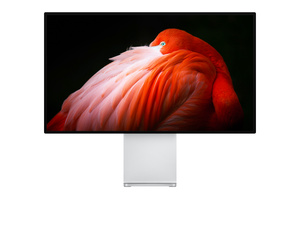A display is an electronic device that presents information in a visual format. Displays are used in applications such as computers, mobile phones, TVs, and instruments. They can be categorized by their technology, such as CRT, LCD, LED, or plasma.
The first electronic displays were developed in the early 1900s using vacuum tubes. These cathode ray tube (CRT) displays were used for scientific and military applications. The first commercial use of CRTs was in televisions, which were introduced in the 1930s. The development of integrated circuits in the 1960s led to the mass production of cheaper and smaller displays. LCD screens became widespread in the 1980s and 1990s with the advent of portable devices such as laptops and cell phones. LEDs are now being used more frequently due to their lower power consumption and higher efficiency compared to other technologies. Plasma displays are also still available on the market but have largely been replaced by LCDs.
The resolution of a display is the number of pixels that can be displayed per inch (dpi). High-resolution displays have more pixels per inch than low-resolution displays. Resolution is often confused with image quality, but it is only one factor that affects image quality. Other factors include color depth (the number of colors that can be displayed), contrast ratio (the difference between the darkest black and the brightest white), refresh rate (how often the image is updated), and viewing angle (how far from center you can view the screen without losing quality).
When choosing a display for your application, it is important to consider what type of content will be displayed on it. If you will be displaying mostly text, then a high-resolution display is not necessarily required; however, if you will be displaying pictures or videos, then a high-resolution display will provide a better experience for your users. In general, higher resolutions result in sharper images but require more processing power from your computer or device; therefore, it is important to find a balance between resolution and performance when choosing a display for your needs


